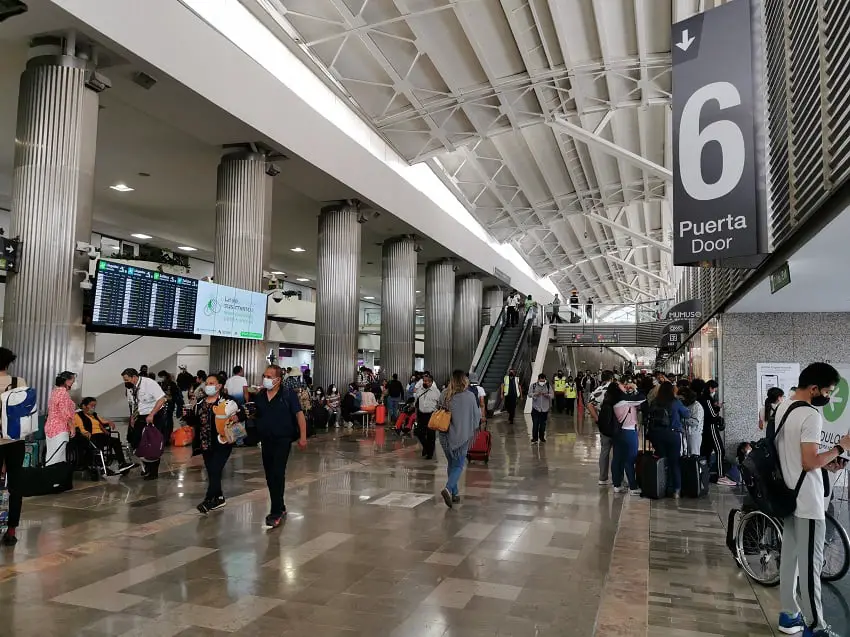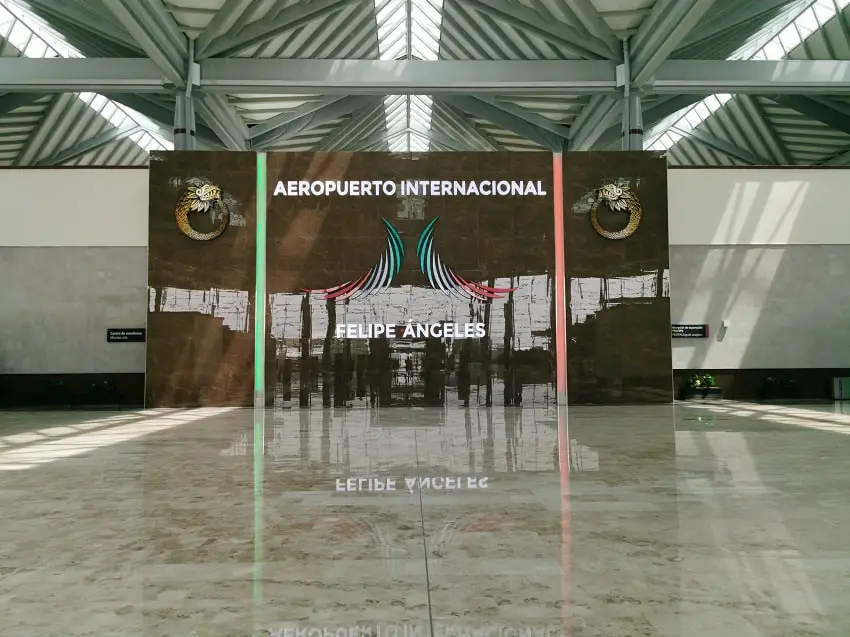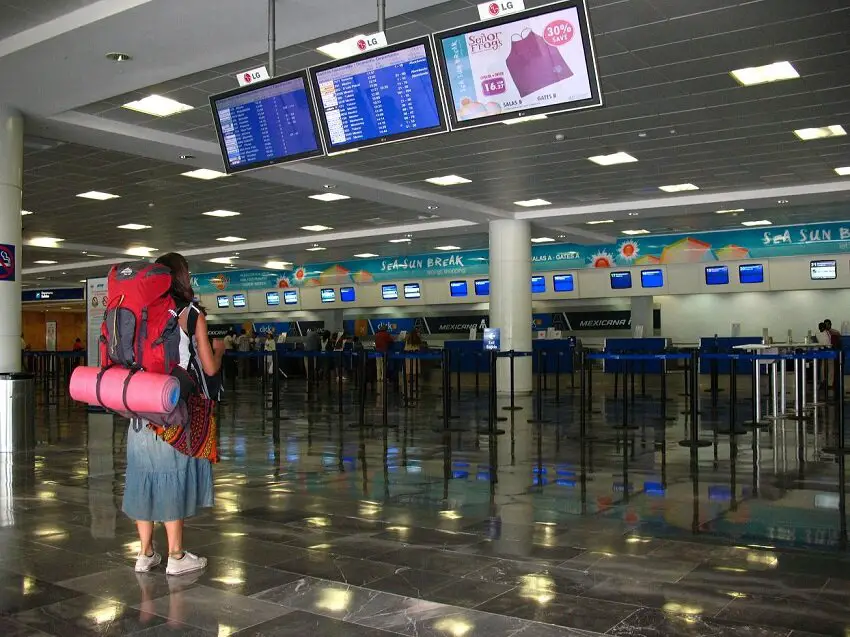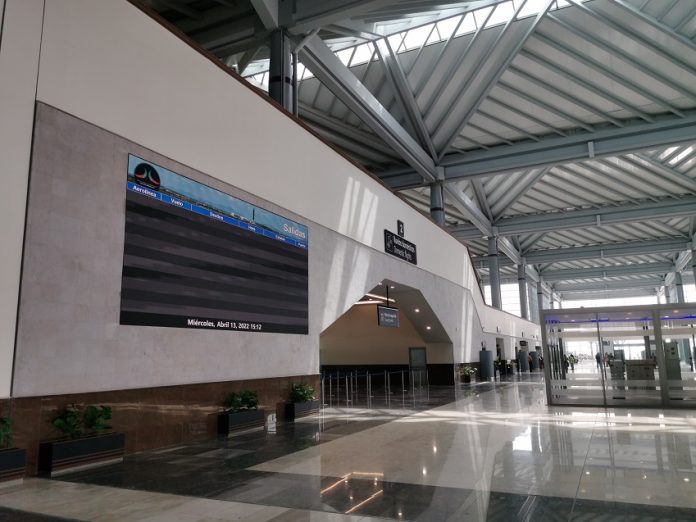The Latin American and Caribbean Air Transport Association (ALTA) has added its voice to criticism of a proposal to allow foreign airlines to fly domestic routes in Mexico.
Formalizing a proposal he first floated in October, President López Obrador sent an aviation reform bill to Congress in December that included language to authorize cabotage — the right to operate transport services within a particular country — for foreign airlines.

The ostensible aim of including cabotage in the bill is to increase air connectivity in Mexico and reduce costs for passengers, but it’s often appeared that its real goal is to increase use of the Felipe Ángeles International Airport, an army-built airport that opened north of Mexico City a year ago and is one of the president’s flagship projects.
While discussing the bill at a December 19 press conference, López Obrador lashed out at the Mexican aviation industry, accusing airlines of exacerbating aviation problems by resisting transferring routes to the AIFA.
“We are going to seek to reach an understanding with the airlines,” he said at the time. “There are several options. One is to help us not to saturate the current airport [the Mexico City International Airport] by having [routes run through] Felipe Ángeles Airport, because there is a kind of resistance [to doing so], although they say there isn’t.”
“The other option is cabotage.”

ALTA said in a statement Tuesday that cabotage should only be authorized for foreign airlines under certain circumstances, none of which exist in Mexico.
Mexico is already well-served by air routes, the airline industry is strong and the air travel market is working well, the association stated.
“In Mexico there are 220 routes operated by eight local airlines that serve the 32 federal entities. Mexico is a remarkably well-connected country,” ALTA said, noting that more than 107 million passengers traveled to, from or within Mexico in 2022 and that over half that number took domestic flights.
The association said that letting foreign airlines fly domestic routes “is not a measure related to lowering the cost of plane tickets” and noted that only 31 countries around the world allow the practice, in most cases as part of reciprocal arrangements.

“Contrary to what might at first seem to be the case, allowing cabotage is an extremely aggressive measure that weakens the local industry and ends up being detrimental to the passenger and the movement of cargo, and consequently to the country in terms of its income from taxes, job creation and the number of routes, which would be reduced,” ALTA said.
ALTA quoted CEO José Ricardo Botelho as saying that “effective and aggressive” competition already exists between airlines in Mexico, creating “more and better options” for passengers.
“It’s an industry that creates direct jobs and promotes tourism, business and investment in all corners of the country,” he said, adding that authorizing cabotage for foreign airlines would allow them to capture a share of the domestic air travel market without investing in Mexico and creating jobs here.
If allowed to operate domestically in Mexico, Botelho said, foreign airlines would focus on “central, profitable routes” and thus “displace local operators that generate investment and jobs in the country, even in remote areas” and which operate less profitable routes, such as those to smaller destinations that are not popular with tourists.
In the long term, the entry of foreign airlines to the domestic air travel market would “reduce connectivity … and options for citizens,” Botelho said.
The ALTA chief suggested that one way to make air travel in Mexico cheaper would be to reduce “extremely high taxes and fees that increase the price of tickets.”
López Obrador claimed in October that allowing foreign airlines to fly domestic routes would help reduce ticket costs and said that “there are a lot of places that can’t be reached by plane because they’re not served by the current airlines.”
His proposal — discussion of which was tabled in the lower house of Congress last week — has been rejected by aviation workers, the National Chamber of Air Transport Services (Canaero) and Mexican airlines such as Aeroméxico and Volaris.
Canaero said Tuesday that it shared ALTA’s view and earlier this month issued its own statement asserting that allowing foreign airlines to fly domestic routes would increase the price of plane tickets and reduce air connectivity and could bankrupt Mexican airlines, among other negative consequences.
Mexico News Daily
